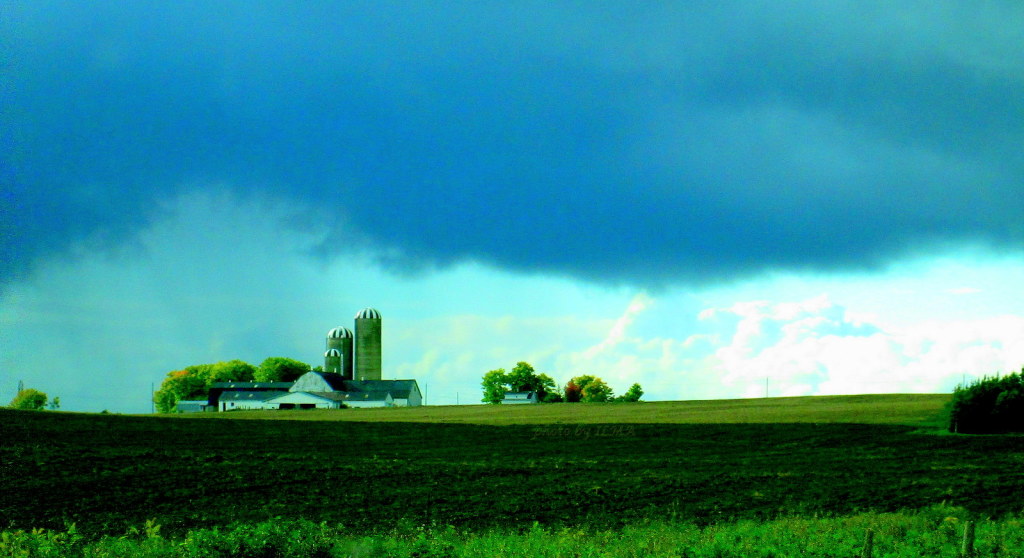PROVERBS 14
8 The wisdom of the prudent is to discern his way,
but the folly of fools is deceiving.
9 Fools mock at the guilt offering,
but the upright enjoy acceptance.
10 The heart knows its own bitterness,
and no stranger shares its joy.
11 The house of the wicked will be destroyed,
but the tent of the upright will flourish.
12 There is a way that seems right to a man,
but its end is the way to death.
13 Even in laughter the heart may ache,
and the end of joy may be grief.
14 The backslider in heart will be filled with the fruit of his ways,
and a good man will be filled with the fruit of his ways.
– Proverbs 14:8-14
PROVERBS 14 THE HEART KNOWS ITS BITTERNESS
A poem by ILMA inspired by these verses
When we experience pain, the heart knows it well
It is better to address the pain so we don’t dwell on it
Be watchful that you don’t share bitterness with others
You may inflict and infect them towards one another
Instead, run to the Lord who knows your heart better
Let him guide you towards acceptance instead of being bitter.
Bitterness is the root of many sins. One does not get bitter instantly. It begins with discontent and can morph into envy and grumbling. It may also lead towards anger and disillusionment. Solomon talks about how the heart knows its bitterness. Sometimes, we don’t want to address our pains. When we do this, we allow bitterness and discontent to take root in our hearts. Before we know it, many other sins follow such as envy, anger, grumbling, prejudice, murder or slander, and many other sins.
REFLECTION
- Why is it important for us to address bitter roots and be aware of them?










